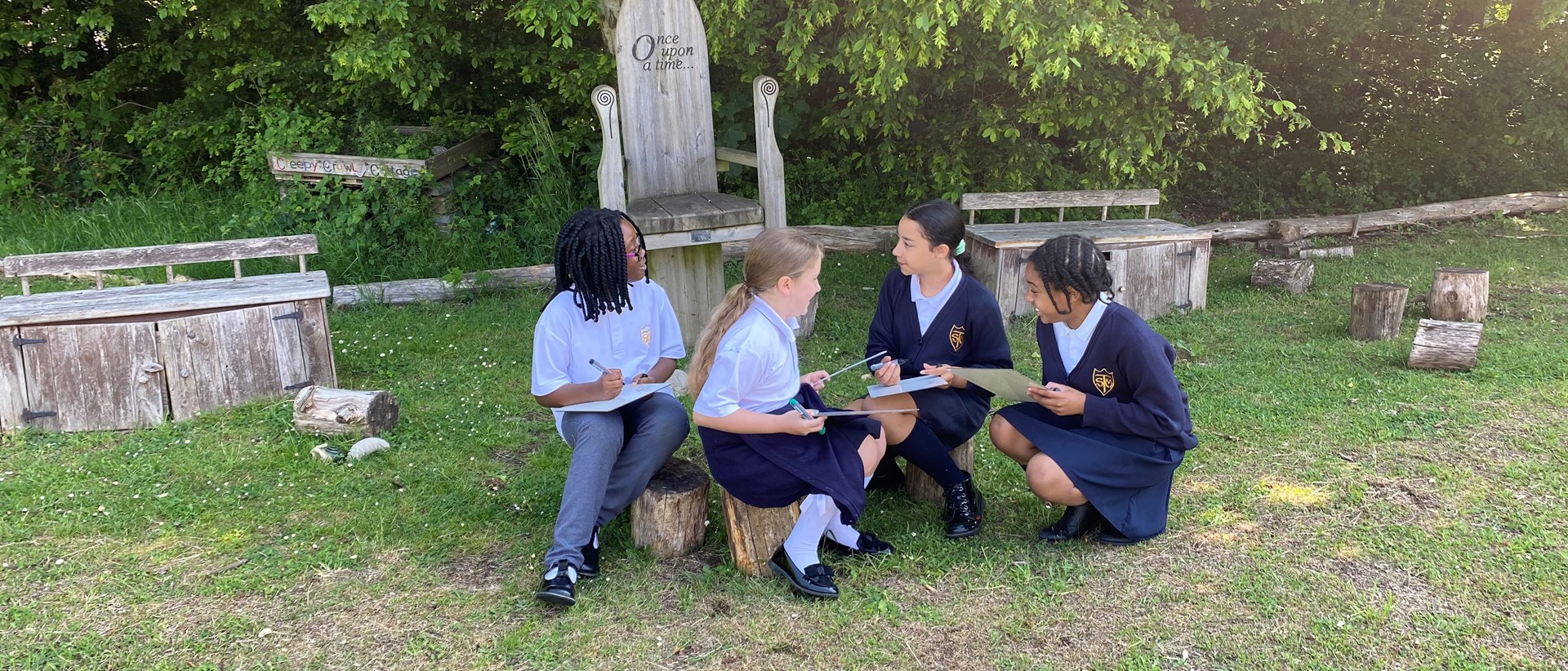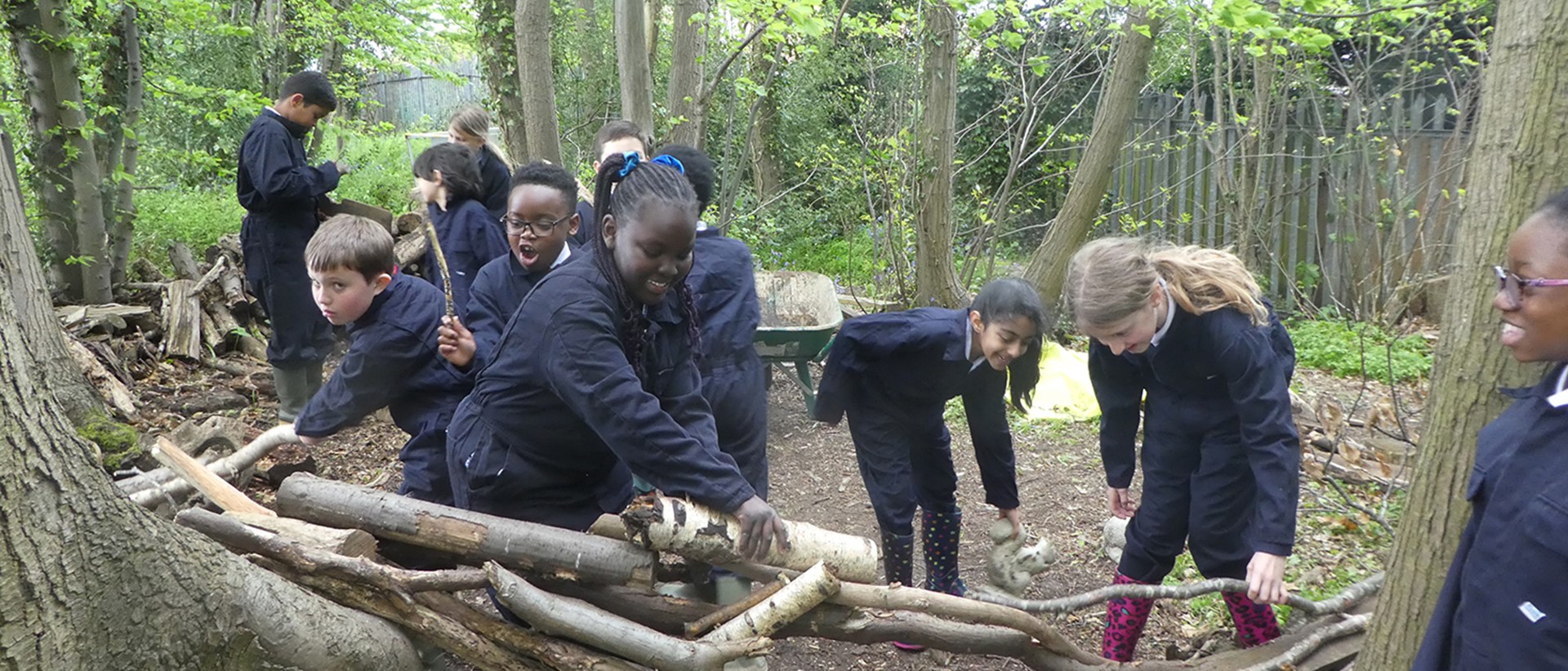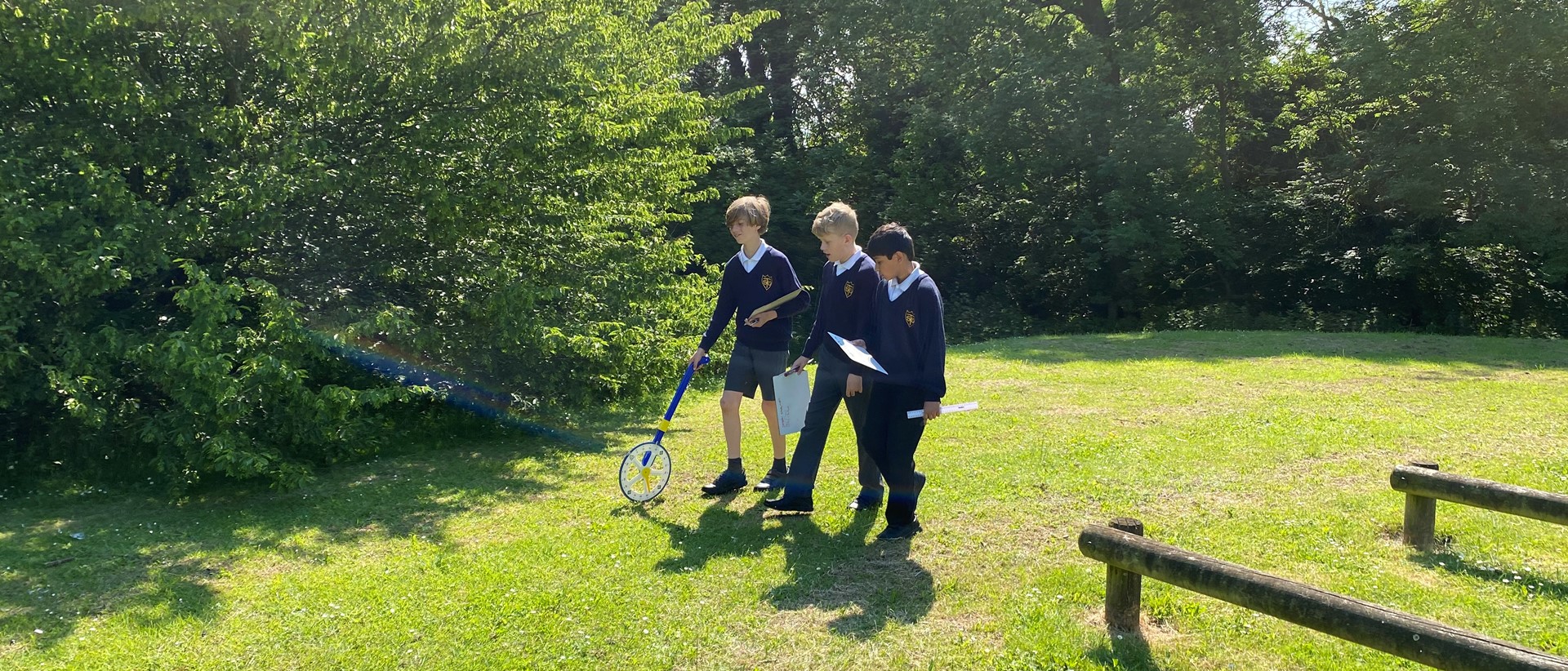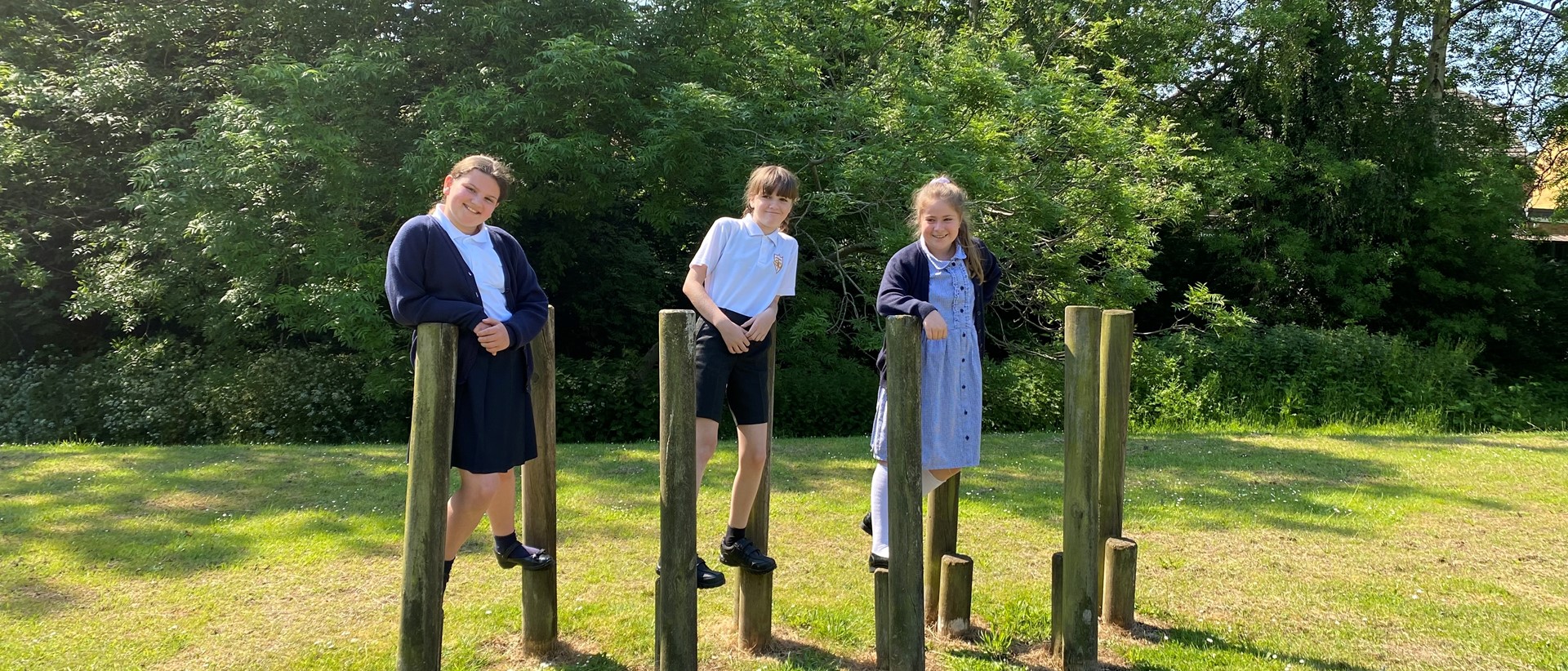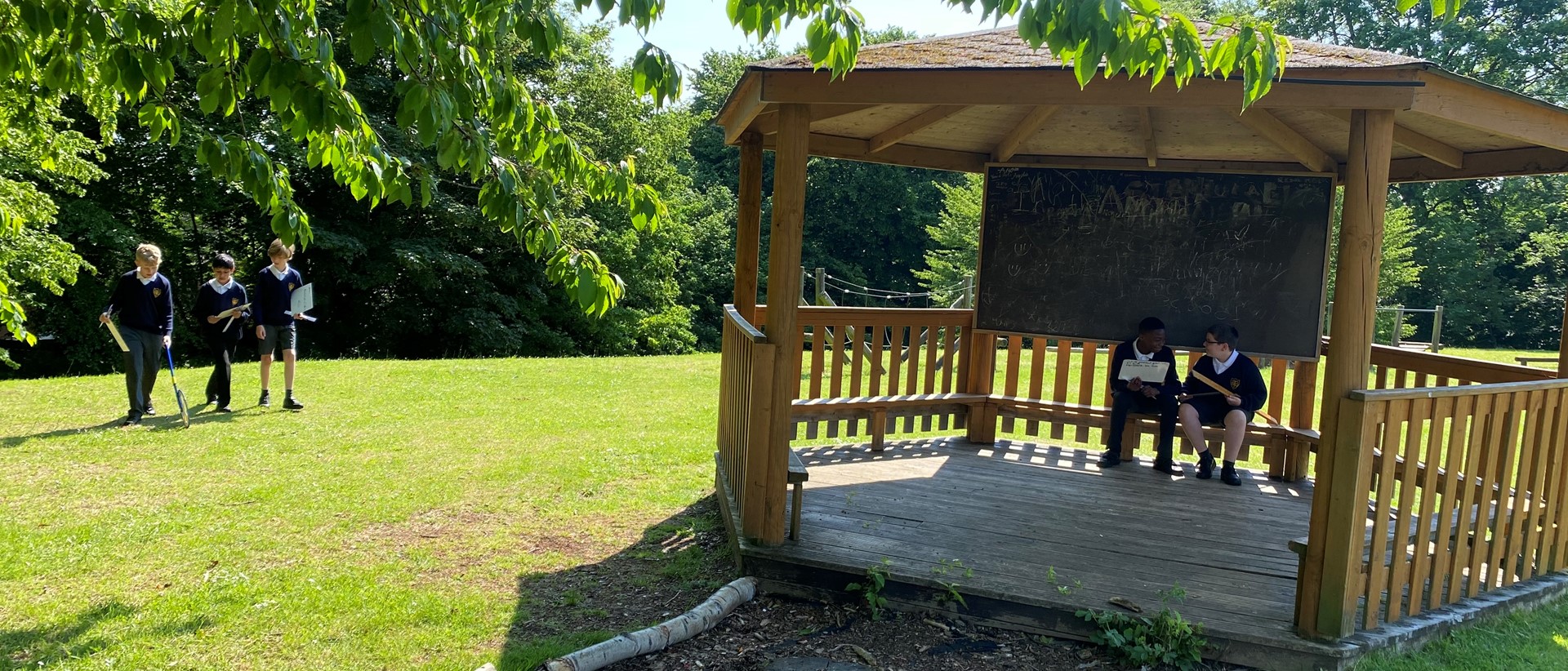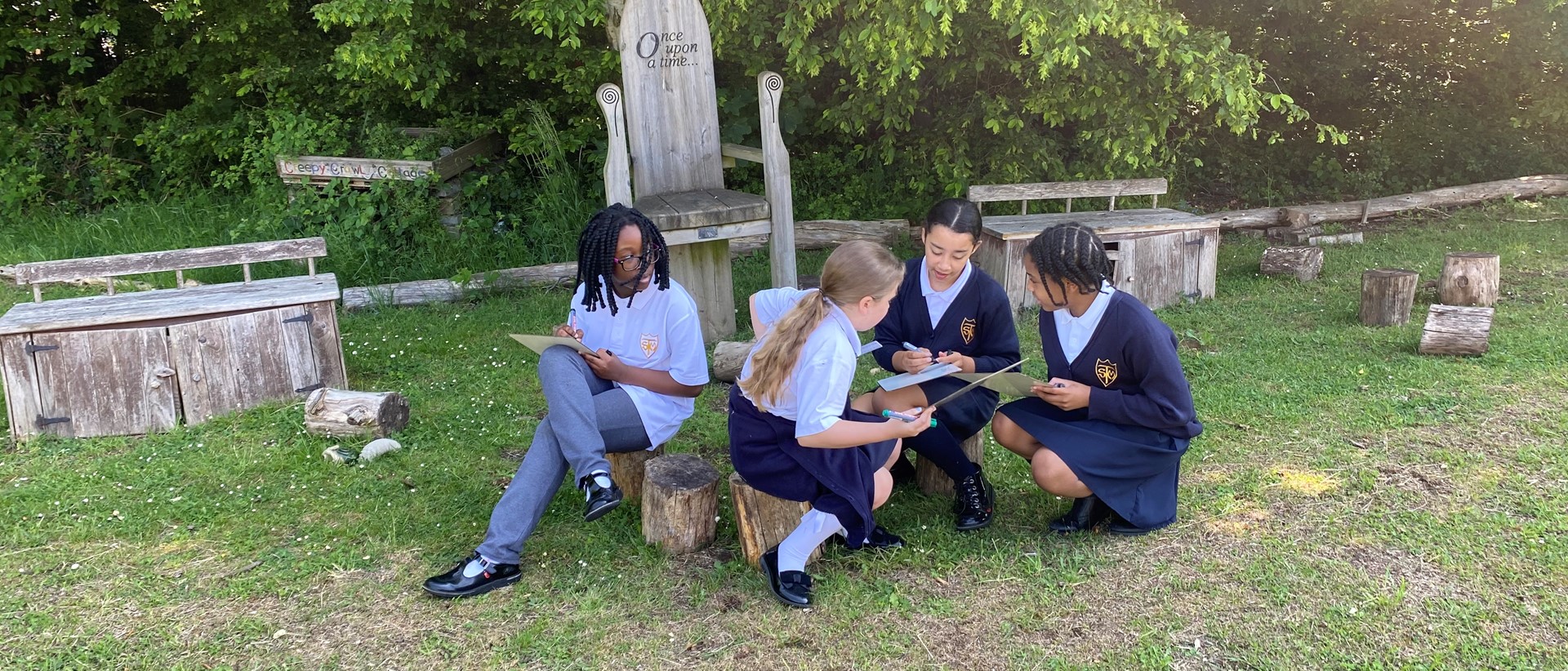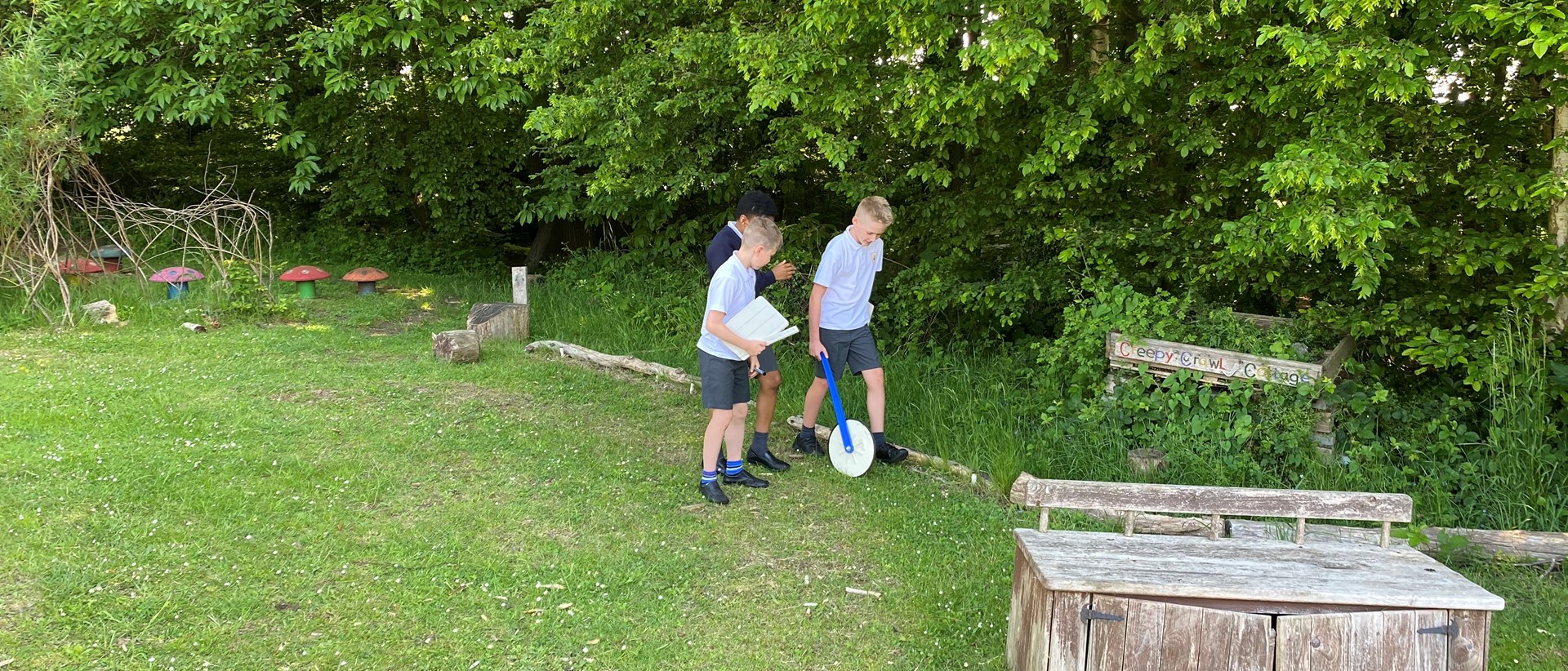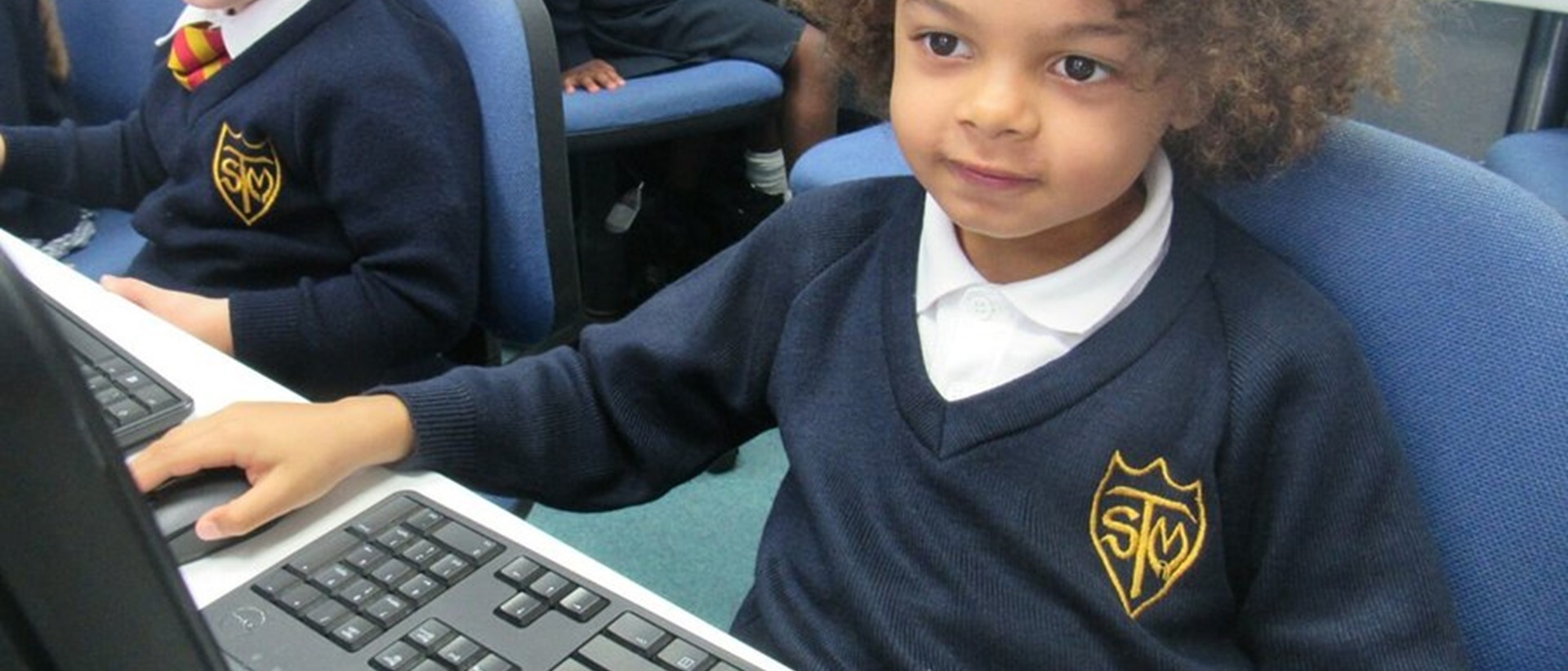RSE Curriculum
The Relationships Education, RSE, and Health Education Regulations (2019) have made Relationships Education compulsory in all primary schools.
At St Thomas More, RSE ensures children and young people are equipped with the knowledge, understanding, skills and confidence to cope with the many pressures and challenges of modern society. Learning about friendships and family in RSE are the building blocks to help children to understand themselves and others. Children are prepared for the physical and emotional changes they undergo at puberty. RSE should equip children and young people with the information, skills and positive values to have safe, fulfilling relationships. It provides a positive view of human sexuality and dignity of the human person; equips young people with the ability to make practical judgments about the right thing to do in particular circumstances and explores and promotes virtues which are essential to promoting respect and dignity. All of this is done within the doctrine of the Catholic Church, faithful to the Church's vision of human wholeness whilst recognising the contemporary context in which we live today.
We use the resource, Ten: Ten to support us in our work with the children.
RSE is taught as explicit lessons through the PSHE and science curriculums but is also embedded in other areas of the curriculum and day-to-day life of the school. In PSHE, RSE is specifically covered in the units ‘Relationships’ and ‘Growing and Changing’ and in science ‘Animals Including Humans’ and ‘Living Things and Their Habitats’ also cover the statutory requirements; other elements are also covered in the Religious Education curriculum.
Children are taught by familiar adults who they have a good rapport with, in order to facilitate constructive and supportive discussions around sensitive topics in a safe and secure environment. Staff have received in-house and online CPD (via Ten:Ten) to support them in responding to the needs of the individual child and support children with any questions or concerns they may have. If staff feel uncomfortable or unsure when delivering the RSE curriculum or dealing with individual pupil needs, they know where to seek advice and support. The RSE curriculum has been mapped out clearly in the progression grids for PSHE and science which ensure coverage of all of the statutory elements by the end of the primary phase; these are delivered at the appropriate stage for our children and is supported specifically by a very thorough, spiral programme of learning from Ten:Ten - Life to the Full. Life to the Full covers all of the statutory elements of RSE and more.
RSE is taught in three modules across the primary school from EYFS to UKS2:
Module 1: Created and Loved by God
Module 2: Created to Love Others
Module 3: Created to Live in Community
As a result of parent feedback during the consultation period, and in conversation with the full governing body, we have made the following ‘key decisions’ with regards to when certain aspects of the RHE curriculum will be taught in school. Parents will be informed before the 'key decisions' are taught in years 1, 4, 5 and 6.
Year 1 - In module 1, unit 2, session 2 is called ‘Girls and Boys’. Pupils will understand similarities and differences between people, including our God-given bodies and the things they enable us to do. Teaching also includes maintaining personal hygiene and the physical differences between boys and girls and pupils will learn the specific scientific vocabulary for external body parts (genitalia) of boys and girls.
Year 4 – in module 1, unit 2, session 3 is called ‘What is Puberty’ and session 4 is called ‘Changing Bodies’. Pupils will learn to celebrate similarities and differences, and to appreciate and look after their bodies as gifts from God. Teaching also covers specific physical and emotional changes during puberty, and that growing from boys and girls to men and women is part of God’s loving plan for creation.
Year 5 – In the Year 5 National Curriculum Science programme of study, there is unit on ‘Living Things and Their Habitats’. Within this unit children describe the life cycles of mammals, amphibians, insects and birds, describe the life process of reproduction in some plants and animals and will learn about different types of reproduction, including sexual and asexual reproduction in plants and animals. The Life to the Full, RHE content about reproduction will be taught alongside the children’s science learning about ‘Living Things and Their Habitats’. In module 1, unit 4, session 1 is called ‘Making Babies (part 1)’. Pupils will learn about God’s design for creating new life through a more nuanced understanding of menstruation, fertility, conception, foetal development in the womb and childbirth. Session 2 is called ‘Making Babies (part 2)’ which talks about sexual intercourse within the context of marriage being God’s plan for the place of sex within a relationship.
Year 6 – in module 1, unit 3, session 4 is called ‘Seeing Stuff Online’. This session addresses the risks that children face from seeing pornographic images and videos online and is also linked to teaching about ‘internet safety’
All of the content within ‘Life to the Full’ is taught in an age appropriate way, framed within the light of Catholic teaching. We will continue to teach the children about the NSPCC PANTS rules/song to help the children understand that their ‘private parts’ are private, that their bodies belong to them and that they can always talk to a trusted adult if they ever have concerns.
